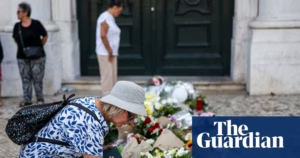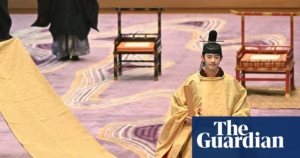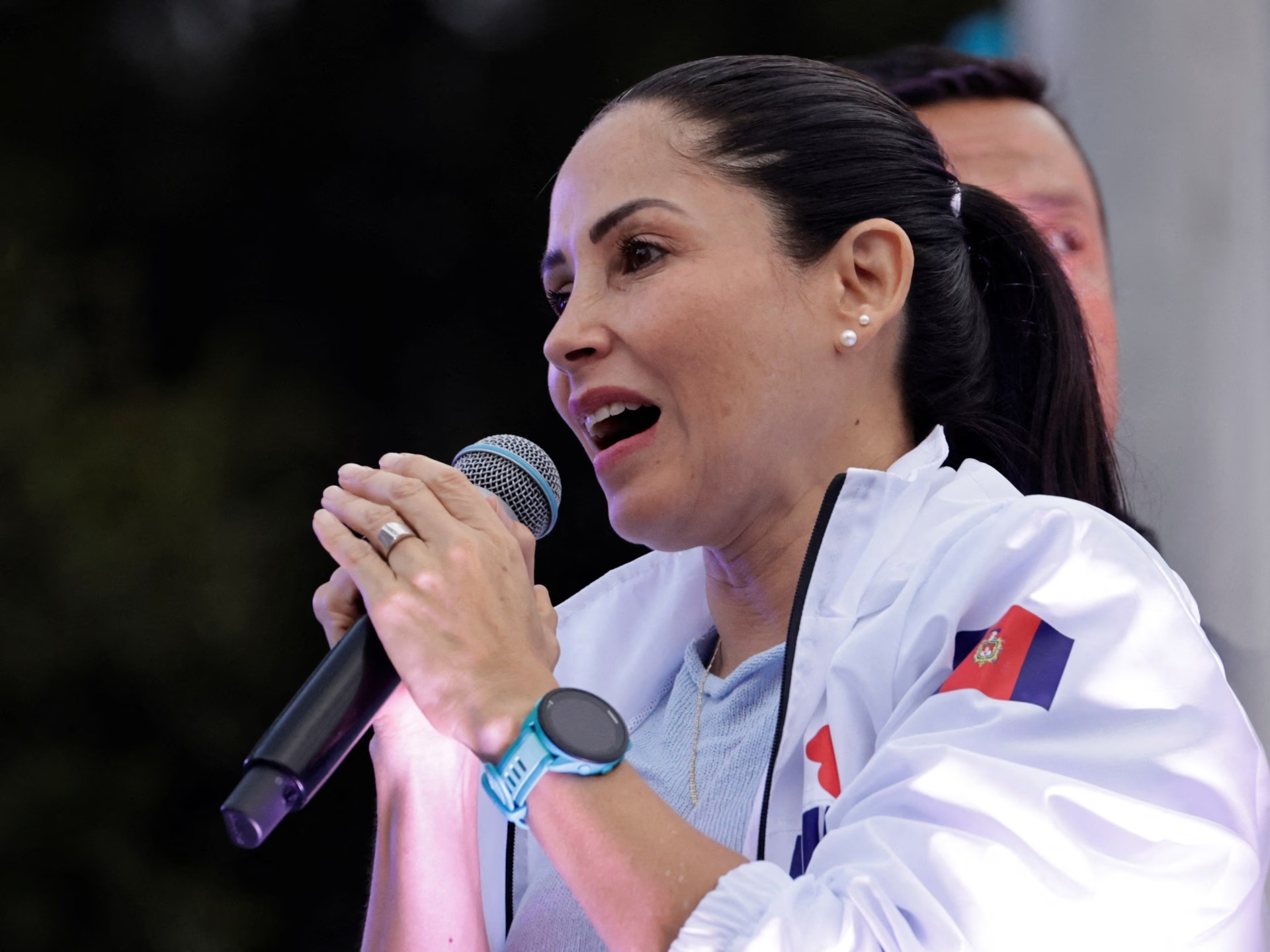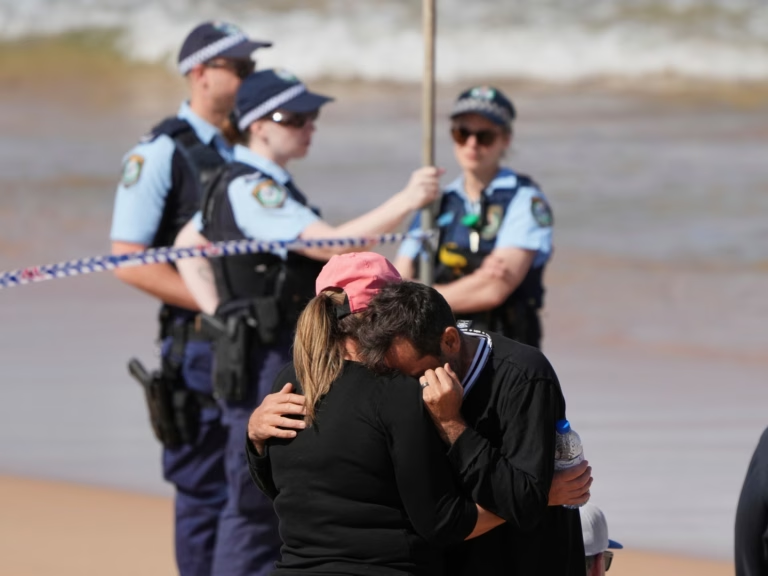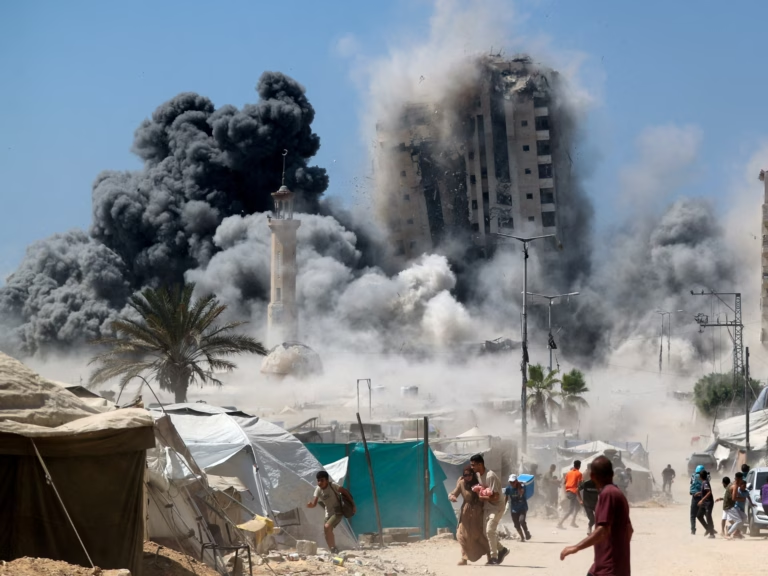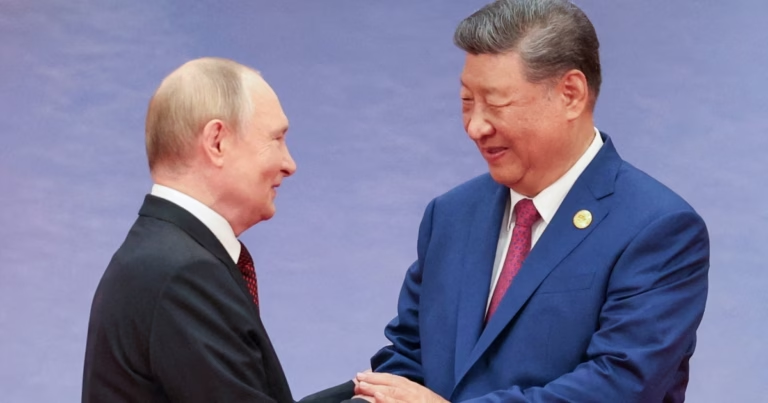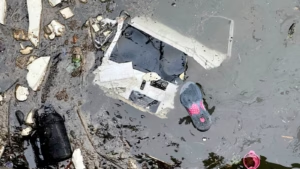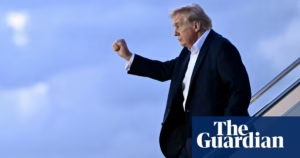The presidency of Noboa has been marred by accusations of human rights violations and excesses of executive authority during his brief tenure, leading some to compare him unfavorably to Correa due to perceived authoritarian tendencies.
Given that voting is mandatory in Ecuador, the discharge of null and blank votes, which comprised nearly 9% of the total votes in the first round of this year’s presidential race, signaled widespread voter discontent.
Jacobo Garcia, a political consultant, suggests that this disillusioned demographic may gravitate toward Gonzalez, not necessarily due to her policies, but because of the fading momentum and the perceived errors of Noboa’s campaign.
“The deciding factor,” Garcia pointed out, “could be the perception that Noboa’s campaign has faltered rather than any direct support for Gonzalez.”
Additionally, some Indigenous leaders who previously challenged Correa have also shown support for Gonzalez for comparable reasons.
“The alternative is far worse,” stated Gomez, an activist with the Kitu Kara group. “This is about safeguarding our lands and lives against a government that has openly defied Indigenous rights.”
In late March, the Confederation of Indigenous Nationalities of Ecuador (CONAIE), the nation’s largest Indigenous organization, entered into an agreement with Gonzalez.
The agreement included a 25-point platform demanding the revocation of decrees from Noboa’s term which CONAIE deemed anti-Indigenous.
“We are not joining a campaign; we are insisting on action for Indigenous rights, environmental justice, and an end to the criminalization of defenders,” said Gomez.
She stressed this decision was the result of extensive consultation among Indigenous communities, marking a strategic resistance rather than an alignment.
“We’ve chosen who we’d rather stand up against. Should she win, the demands are clear and the response will be mobilization.”
However, latchkey to any government Gonzalez might establish, should she be elected, will be such alliances, notes Professor Avila from the University of Cuenca. Currently, fiscal troubles and a fractured legislature in Ecuador could impede her policy agenda.
“Political efforts are built on hope, but governing demands forming coalitions,” noted Avila. “The true challenge will commence the day after the election.”
